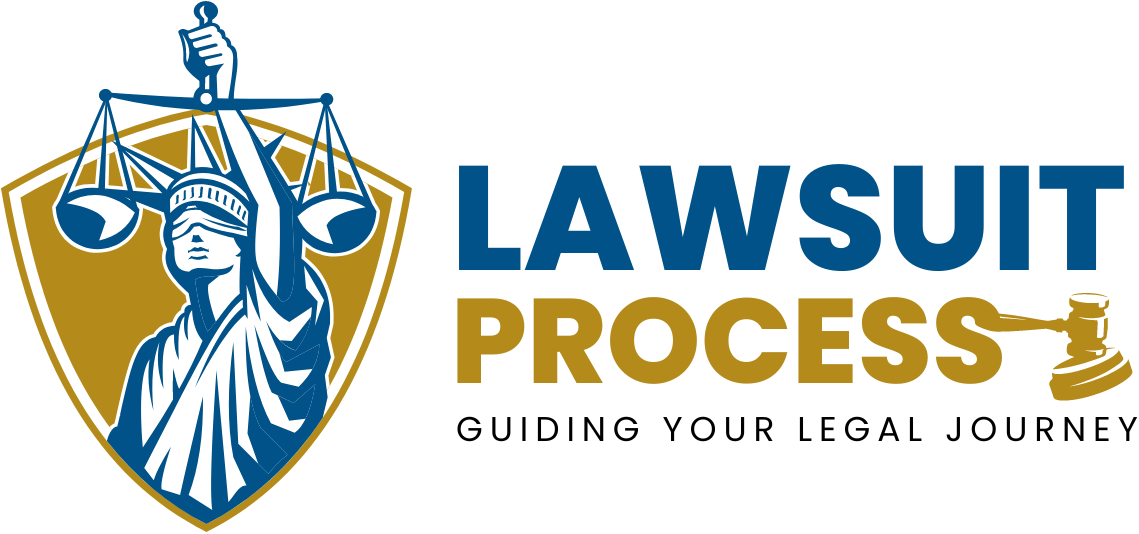Driving under the influence (DUI) is a serious offense that can have significant legal, financial, and personal consequences. However, not all DUI charges are created equal. Depending on the circumstances, a DUI can be classified as either a misdemeanor or a felony, with the latter carrying far more severe penalties and long-term effects.
The classification of a DUI charge often depends on factors such as the driver’s history, whether the incident resulted in injuries or fatalities, and other aggravating circumstances. While most first-time offenses are misdemeanors, repeat violations or incidents involving harm to others are more likely to be felonies.
In this article, we’ll explore the distinctions between misdemeanor and felony DUIs, the factors influencing these classifications, and the potential penalties involved. Understanding these nuances is crucial for anyone facing a DUI charge or seeking to educate themselves about DUI laws.
Table of Contents
- What Is a DUI?
- Misdemeanor vs. Felony DUI
- When DUI Is a Misdemeanor
- When DUI Is a Felony
- State-by-State DUI Laws
- Penalties for Felony DUIs
- Key Takeaway
What Is a DUI?
A DUI, or Driving Under the Influence, refers to operating a motor vehicle while impaired by alcohol, drugs, or other substances. The specific blood alcohol content (BAC) limit and definitions of impairment vary by jurisdiction, but a BAC of 0.08% or higher is the legal limit in most states.
Misdemeanor vs. Felony DUI
Whether a DUI is classified as a misdemeanor or a felony depends on various factors, including the severity of the offense, prior DUI convictions, and whether the incident caused harm to others. Understanding the difference is crucial as the penalties and consequences for each classification differ significantly.
When DUI Is a Misdemeanor
In most cases, a DUI is considered a misdemeanor if it is a first-time offense and does not involve aggravating circumstances such as injuries, deaths, or reckless behavior. Misdemeanor DUIs often result in fines, license suspension, mandatory education programs, and possibly a short jail term.
When DUI Is a Felony
A DUI is elevated to a felony under specific conditions. Below are common scenarios where a DUI might be considered a felony:
Repeat Offenses
Most states impose harsher penalties for repeat DUI offenders. A third or fourth DUI within a designated time frame (e.g., 10 years) often results in felony charges.
Causing Injury or Death
If a DUI accident causes serious injury or death, it is generally classified as a felony. The specific charges may vary, such as vehicular manslaughter or vehicular homicide, but the penalties are severe and may include significant prison time.
Child Endangerment
Driving under the influence with a minor in the vehicle is considered an aggravating factor. Many states treat this as a felony due to the additional risk posed to the child.
Driving with a Suspended License
Committing a DUI while your license is suspended or revoked, particularly if the suspension is related to a prior DUI, often leads to felony charges. This demonstrates a disregard for prior penalties and increases the risk to public safety.
State-by-State DUI Laws
DUI laws vary significantly across states, with each state having its own thresholds for what constitutes a felony DUI. For example:
| State | Felony DUI Criteria |
|---|---|
| California | Fourth DUI within 10 years or causing injury/death |
| Texas | Third DUI or DUI with injury/death |
| Florida | Third DUI within 10 years, or causing injury/death |
| New York | Driving while intoxicated with a child under 16 in the car |
Penalties for Felony DUIs
The penalties for a felony DUI are significantly more severe than those for a misdemeanor. These penalties may include:
- Extended prison sentences
- Hefty fines
- Lengthy license suspension or permanent revocation
- Mandatory alcohol education and treatment programs
- Installation of an ignition interlock device
- Loss of certain civil rights, such as the right to vote or own firearms
Key Takeaway
Whether a DUI is classified as a felony depends on various factors, including repeat offenses, causing injury or death, child endangerment, and driving with a suspended license. Understanding the circumstances and state laws is critical to determining the severity of a DUI charge. Regardless of classification, a DUI is a serious offense with potentially life-altering consequences.










